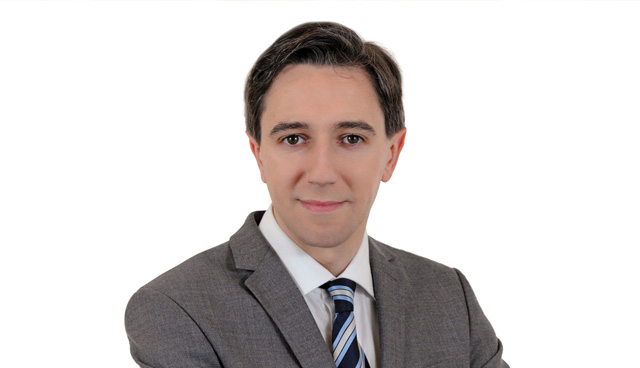A healthy challenge


As progress is made on devising Sláintecare, a 10-year plan for reforming the health service, eolas analyses some of the key challenges facing Health Minister Simon Harris, TD.
One of the most urgent problems facing the Health Minister is that of rising waiting lists and meeting targets set out for a reduction. Government investment to date has shown little signs that the overall figures are changing and the signs are worrying that an increased winter demand could heap further pressure on the system.
Despite the roll out of an improvement plan for waiting list figures in late 2016, more than a year later Harris was forced to voice his ‘disappointment’ at the most recent figures for those waiting for treatment in public hospitals. In August, it was revealed that more than 579,891 people were awaiting treatment at the end of the July and that numbers for outpatient appointments and inpatient surgery or day-case procedures had all risen from the previous month.
While figures for October saw slight monthly decreases in the areas of people waiting for a hospital operation or a procedure and those waiting for an outpatient appointment, Harris said that figures were still too high.
One of the methods to tackle a shortage of hospital beds is an improvement of home-care packages. As Ireland’s population grows and gets older, the increase of demand is set to peak in the areas of home and community care.
The Government has initiated a scheme, which it hopes to have in place by 2019, which will introduce rules in relation to what services people are eligible for and how decisions are made on allocating services. Harris has previously described the current system as “ad hoc, inconsistent, geographically inequitable and, as a result, of great concern to families”. While the development of the scheme is to be welcomed, it is not clear whether it will go far enough to both ease the current bed problem and address future demand.
Throughout budget 2018, the Government has recognised the need for greater investment to address waiting list and homecare package demand. Included in an extra the ⇔685 million for current and capital funding, the Department has outlined that ⇔20 million is to be given to the NTPF to tackle waiting lists, ⇔40 million is to be provided for securing additional homecare packages and transitional beds and a further ⇔40 million to allow for the opening of new units next year and to improve access to diagnostics and ‘surge’ capacity in the system.
Trauma
Harris is also facing a potential public backlash at plans to centralise trauma care. Under plans set to be brought before Cabinet by the end of this year, three Dublin hospitals and hospitals outside of the capital would stop taking trauma patients.
Instead, two major trauma centres would be set up in Cork and Dublin, supported by a network of minor trauma units. The Department says that the plan is about “delivering best outcomes for the small number of patients each year who suffer major trauma, that is, injuries which have the potential to cause prolonged disability or death, and ensuring they get the right care in the right place at the right time”. Recognised as being socially unpopular, Harris’ plan is likely to be met with resistance by communities who will see their point of trauma care moved further away.

The unpopularity of closing emergency departments has been evidenced in plans to shut that of Portlaoise, one of the smallest critical care units in the country, along with maternity, paediatrics, ICU and most surgery from the hospital. The hospital has been shrouded in controversy over claims it is unsafe and its management of maternity services. The Minister has yet to make a decision on the downgrade and is likely to face opposition on whatever outcome he decides.
Harris also faces the challenges recently raised around the costs of a GP visit and the availability of consultants to the public sector. The Minister recently called the behaviour of some consultants “immoral, brazen and unfair” after an RTE investigation highlighted cases where consultants were not carrying out their obligated number of hours in public hospitals. He has called for the HSE to implement a more robust monitoring system.
As the Government prepare to negotiate a new GP contract, Harris has also voiced his concern at the current price of seeing a GP. Addressing that the fee can put off people visiting their GP, Harris said that new options would have to be considered.
“It [Sláintecare] talks about low-cost or no-cost services, we have co-payment in relation to the pharmacy and drugs or indeed a certain number of visits per year – these are all things we can look at but the current system is out of kilter with a lot of international best practice.”
|
493,780 patients waiting to be seen by a consultant at outpatients for the first time |
|
86,111 patients waiting for an inpatient or a day case procedure in hospital |
|
18,660 patients waiting for a gastrointestinal check |
|
88,446 patients due to be seen in the next six weeks, or waiting for a scheduled annual check |





